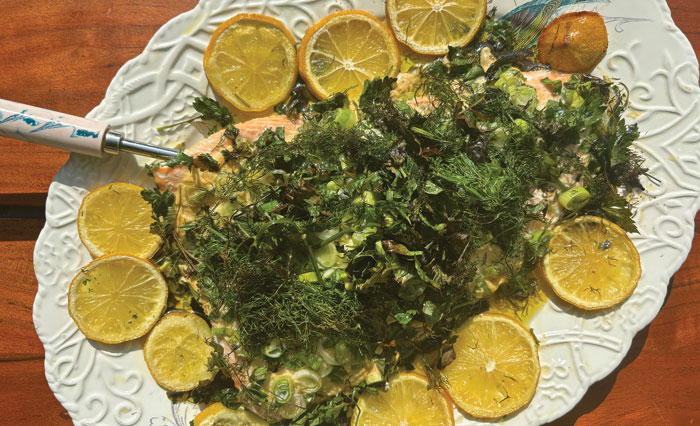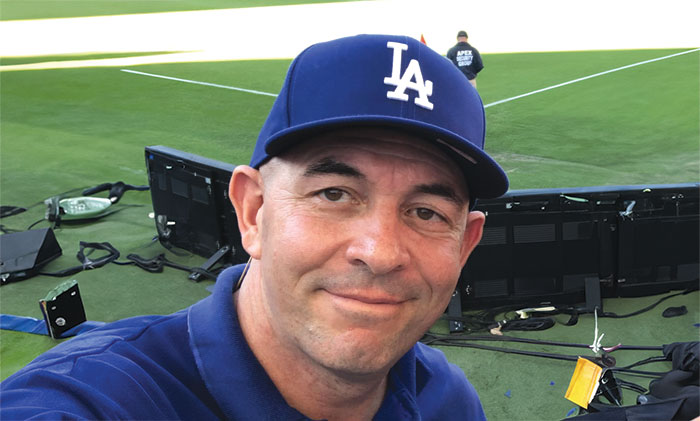By Rabbi Mark Borovitz
I am always called on to make decisions or reverse decisions that others have made. These experiences come from Staff, families, residents, potential residents, community members, colleagues, etc. I sometimes think about the line from “If I were a Rich Man”, “posing questions that would cross a Rabbi's eyes.”
I know that I have to make decisions and all of us make decisions/judgements all day long. Otherwise, we would all be walking around in a daze of chaos and paralysis. Yet, since I am Addicted to Redemption, I find myself twisted up between my absolute belief in the possibility of everyone being able to do T’Shuvah and the realities of the situation at hand. This week, I got a call from someone who had to be asked to leave. This person wanted to “do recovery different and right this time.” Given this person's history of deceit and inability to admit Truth when confronted with proof, I knew this was a long shot. Yet, I was also a long shot some 24 years ago. This person was successful in their field, smart, and capable of great insight and depth. I had seen glimpses of this in their prior stay at Beit T’Shuvah. The rest of the staff, or most of them, were terribly upset that I admitted this person, yet no one said anything to me. I am sitting here, in Starbucks in Encino, writing this blog and wondering if I made the right choice.
What goes into determining if a choice is right? The easy answer is: the outcome. I don't think this is true; the outcome is out of my hands. As much I would like to have the power to say, “HEAL” and make addiction go away, I know I don't and never will have that kind of power. So, I have made a decision to determine if a choice is right by how I make the choice. Is it an informed choice? Do I have as much of the facts as possible? Am I making this choice weighing what is best for the individual and the community? Am I being sure that I’m not “taking a bribe” or being blinded? Do I believe we can help this person? Am I the right person to make this decision?
In this case, I believe I made an informed decision. I know who this person is, good and not good. I weighed the impact on the community and on this person. I erred on the side of the person in this case because they were so ” torn up.” I thought about whether I was being influenced by knowing her/his family, my own affinity for this person, the challenge of working with him/her because I saw my own former pathology and believe I/Beit T’Shuvah can reach her/him. I also had one of the senior staff with me when I interviewed this person. I know that this is a long shot; I know that this person could influence me because I see my self in this person. I also know that we have been successful helping this type of person. I know that certain parameters have to be put on this person and I know that this is a difficult type of person to treat.
Given all of this, I believe that I made the right decision. I would rather err on the side of compassion and care than just take the “safe” way. Even though on paper, this looks like a big mistake, I believe my process was correct. I went with my gut instinct. I went with my intuition and I was able to see the pain of this person's soul and believe that everyone deserves as many opportunities for redemption as they are willing to seize. I am addicted to redemption, I believe in redemption. I am a recipient of other people's belief and addiction to redemption. I have to give to others what was given to me, a chance to redeem myself and others.






















 More news and opinions than at a Shabbat dinner, right in your inbox.
More news and opinions than at a Shabbat dinner, right in your inbox.